COVID-19 Global Diaries: 'I don't have running water let alone soap to wash my hands'
Mildred Mapingure is a single mum living in Zimbabwe, one of the world’s poorest countries. Here she shares the reality of confronting coronavirus when self-isolation and basic hygiene facilities are not an option
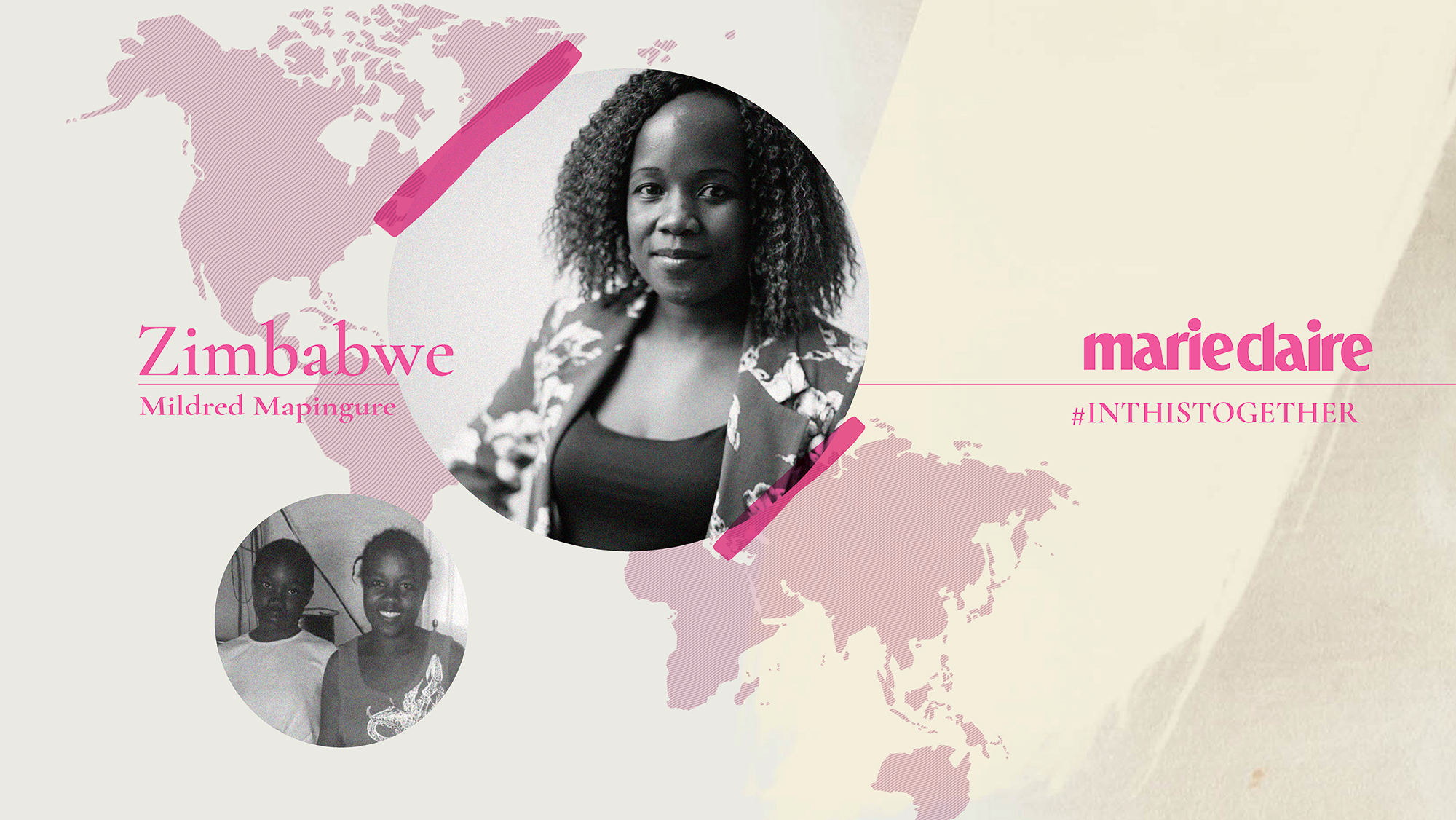

Mildred Mapingure is a single mum living in Zimbabwe, one of the world’s poorest countries. Here she shares the reality of confronting coronavirus when self-isolation and basic hygiene facilities are not an option
My country, Zimbabwe, is in lockdown. From what I hear, it's nothing like the experience you are currently living through in the UK. Let me explain my reality. I rent a single room in a house in Harare, the capital, a room I share with my 13-year-old daughter. Fifteen other people also live in this cramped, four-room house so self-isolating is impossible.
We do not have running water in our house or soap to wash our hands, because both are too expensive. Instead we have to join long queues at boreholes or public taps that everyone is touching and hope the clean water is enough. If we need food or water we must go out, there is no choice. None of us have the finances to stockpile, meanwhile food prices rise. Feeling my stomach churning with hunger as I try to sleep each night is normal for me.
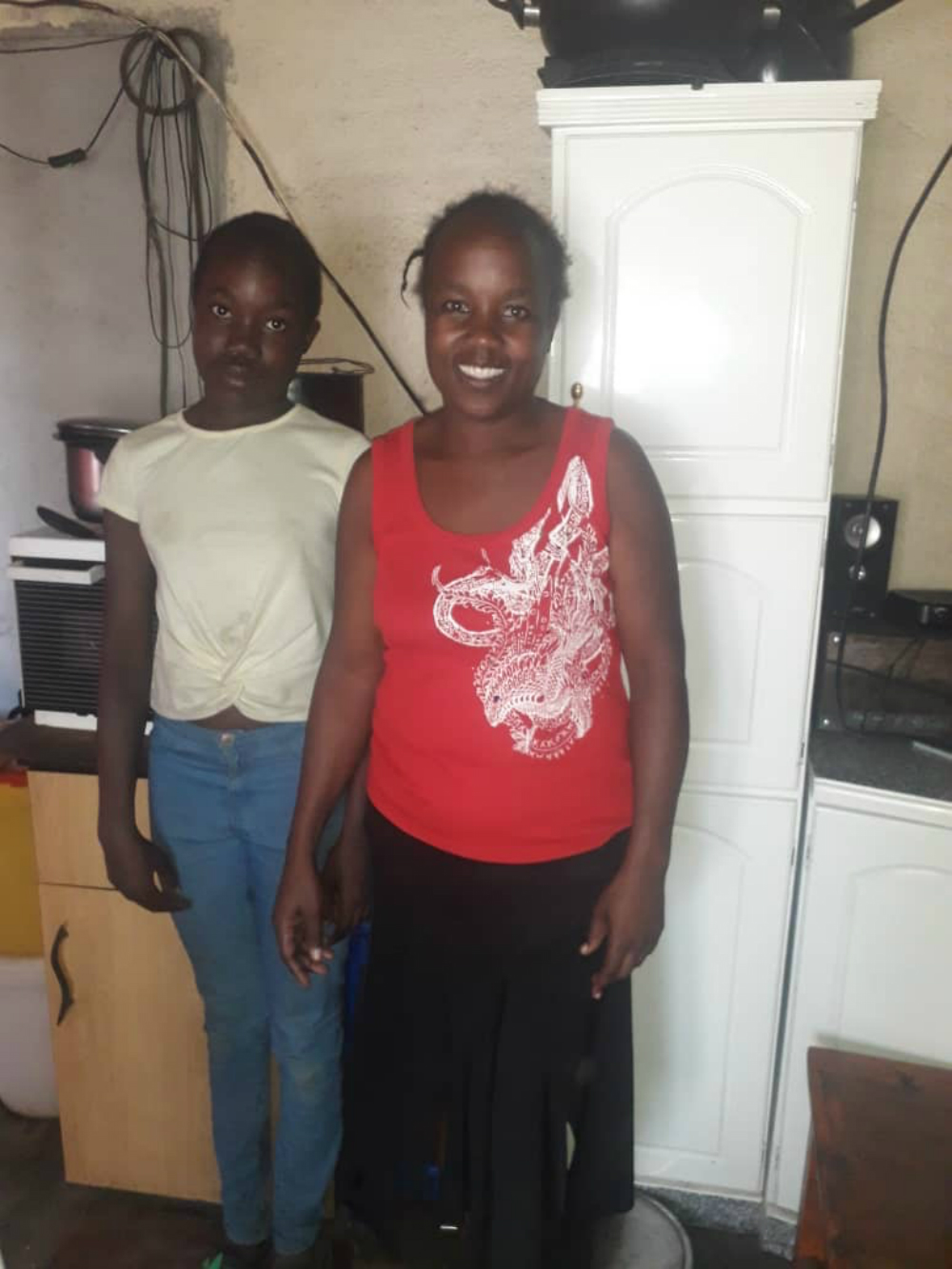
Domestic violence is a growing problem for women, many are now in lockdown living in small rooms with abusive men who used to spend the majority of their time out of the home, working. Most women I know were able to placate their violent partner by putting food on the family table, and buying and selling in the once bustling markets. Now there is no food and people are shut in cramped conditions. A hungry man is an angry man.
If just one person was to become ill in our house I do not know how we would cope. The government is trying to keep the virus under control, but we do not have proper protective clothing, gloves, masks or sanitisers - we simply can’t afford them. Last month, even our doctors and nurses went on strike due to the lack of protective clothing.
I'm 39 now and I survived my fair share of trauma. I'm a gang rape survivor. Back in 2005, there was a lot of social breakdown and bloodshed following the Zimbabwean elections and it was during this time that I was attacked. I am now a member of SEMA - which literally means 'Speak out' in Swahili - I'm part of a global network of survivors and victims of sexual violence in conflict. And as the head of advocacy for We Are Not Weapons of War I’m in contact with survivors from around the world. But I can honestly the threat of war is not as scary as Covid-19.
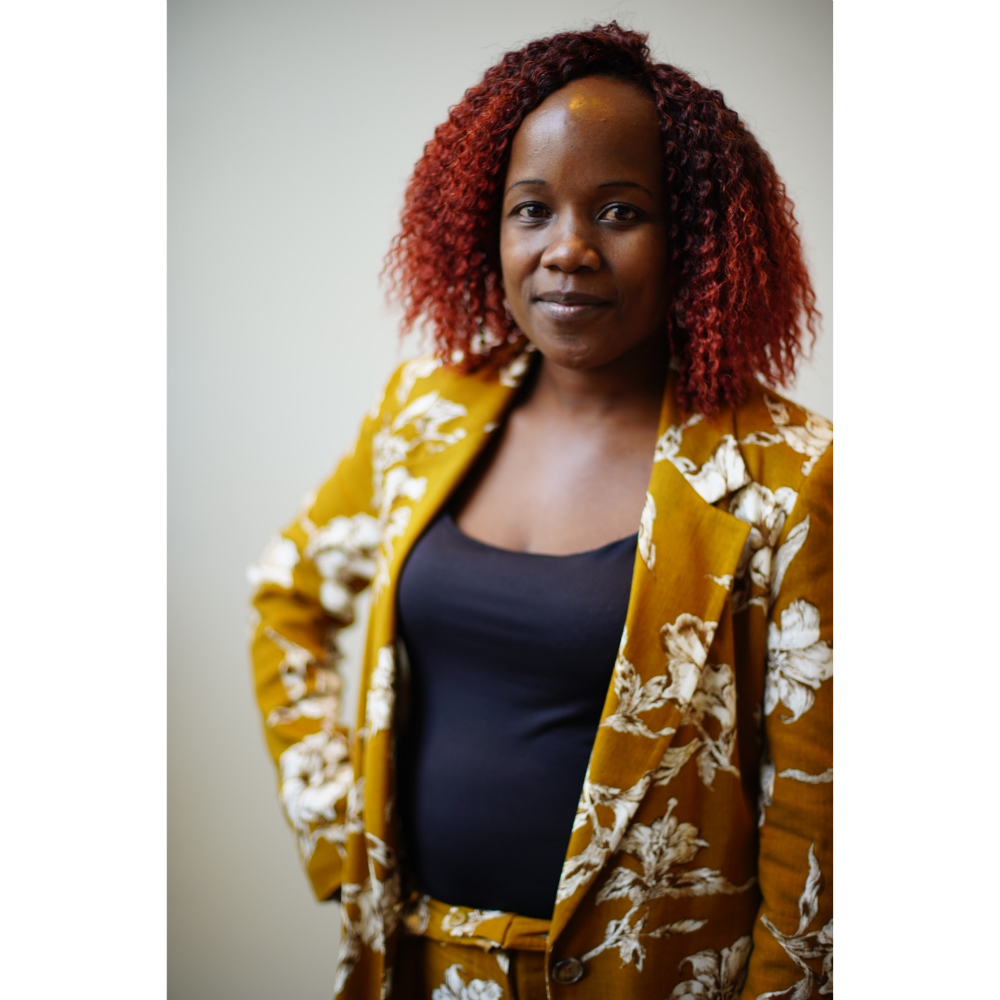
In war you have some time to prepare, and you know what you are fighting against, where it is coming from, and at what speed it is travelling. I have never been this scared before. I know this pandemic greatly affects everyone but its consequences will be felt much more by vulnerable populations around the world, and the women who have been victims of rape in conflict are among the poorest and most ostracised in their communities.
Marie Claire Newsletter
Celebrity news, beauty, fashion advice, and fascinating features, delivered straight to your inbox!
* To help Mildred and other vulnerable women, please make a donation to the Mukwege Foundation, established by Dr Denis Mukwege, Nobel Peace Prize Laureate, and all proceeds will go entirely to survivors of wartime rape in the SEMA network
Maria Coole is a contributing editor on Marie Claire.
Hello Marie Claire readers – you have reached your daily destination. I really hope you’re enjoying our reads and I'm very interested to know what you shared, liked and didn’t like (gah, it happens) by emailing me at: maria.coole@freelance.ti-media.com
But if you fancy finding out who you’re venting to then let me tell you I’m the one on the team that remembers the Spice Girls the first time round. I confidently predicted they’d be a one-hit wonder in the pages of Bliss magazine where I was deputy editor through the second half of the 90s. Having soundly killed any career ambitions in music journalism I’ve managed to keep myself in glow-boosting moisturisers and theatre tickets with a centuries-spanning career in journalism.
Yes, predating t’internet, when 'I’ll fax you' was grunted down a phone with a cord attached to it; when Glastonbury was still accessible by casually going under or over a flimsy fence; when gatecrashing a Foo Fighters aftershow party was easy-peasy-lemon-squeezy and tapping Dave Grohl on the shoulder was... oh sorry I like to ramble.
Originally born and bred in that there Welsh seaside town kindly given a new lease of life by Gavin & Stacey, I started out as a junior writer for the Girl Guides and eventually earned enough Brownie points to move on and have a blast as deputy editor of Bliss, New Woman and editor of People newspaper magazine. I was on the launch team of Look in 2007 - where I stuck around as deputy editor and acting editor for almost ten years - shaping a magazine and website at the forefront of body positivity, mental wellbeing and empowering features. More recently, I’ve been Closer executive editor, assistant editor at the Financial Times’s How To Spend It (yes thanks, no probs with that life skill) and now I’m making my inner fangirl’s dream come true by working on this agenda-setting brand, the one that inspired me to become a journalist when Marie Claire launched back in 1988.
I’m a theatre addict, lover of Marvel franchises, most hard cheeses, all types of trees, half-price Itsu, cats, Dr Who, cherry tomatoes, Curly-Wurly, cats, blueberries, cats, boiled eggs, cats, maxi dresses, cats, Adidas shelltops, cats and their kittens. I’ve never knowingly operated any household white goods and once served Ripples as a main course. And finally, always remember what the late great Nora Ephron said, ‘Everything is copy.’
-
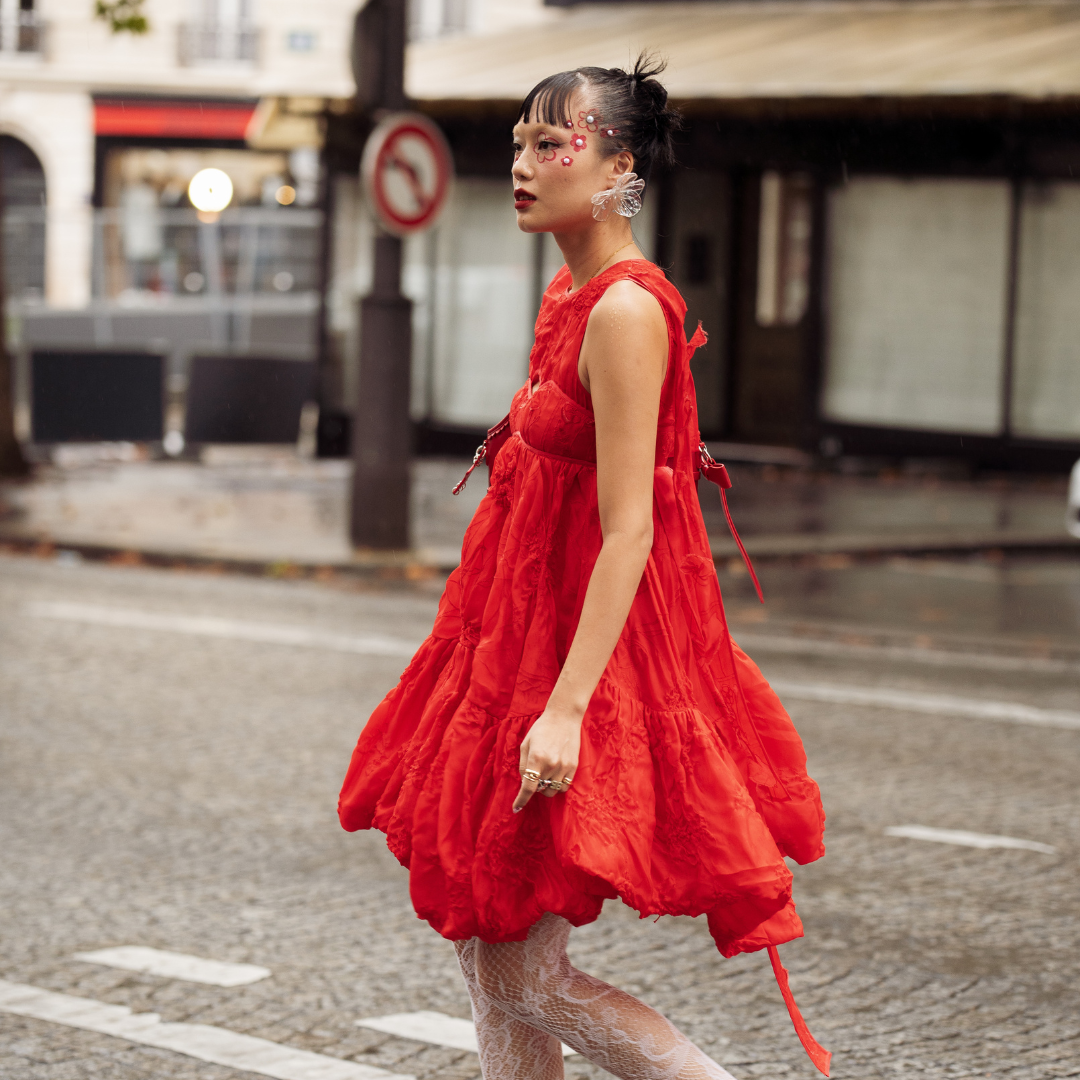 This divisive Nineties trend just got a high-fashion makeover
This divisive Nineties trend just got a high-fashion makeoverAll the cool girls are wearing babydoll dresses again
By Sofia Piza
-
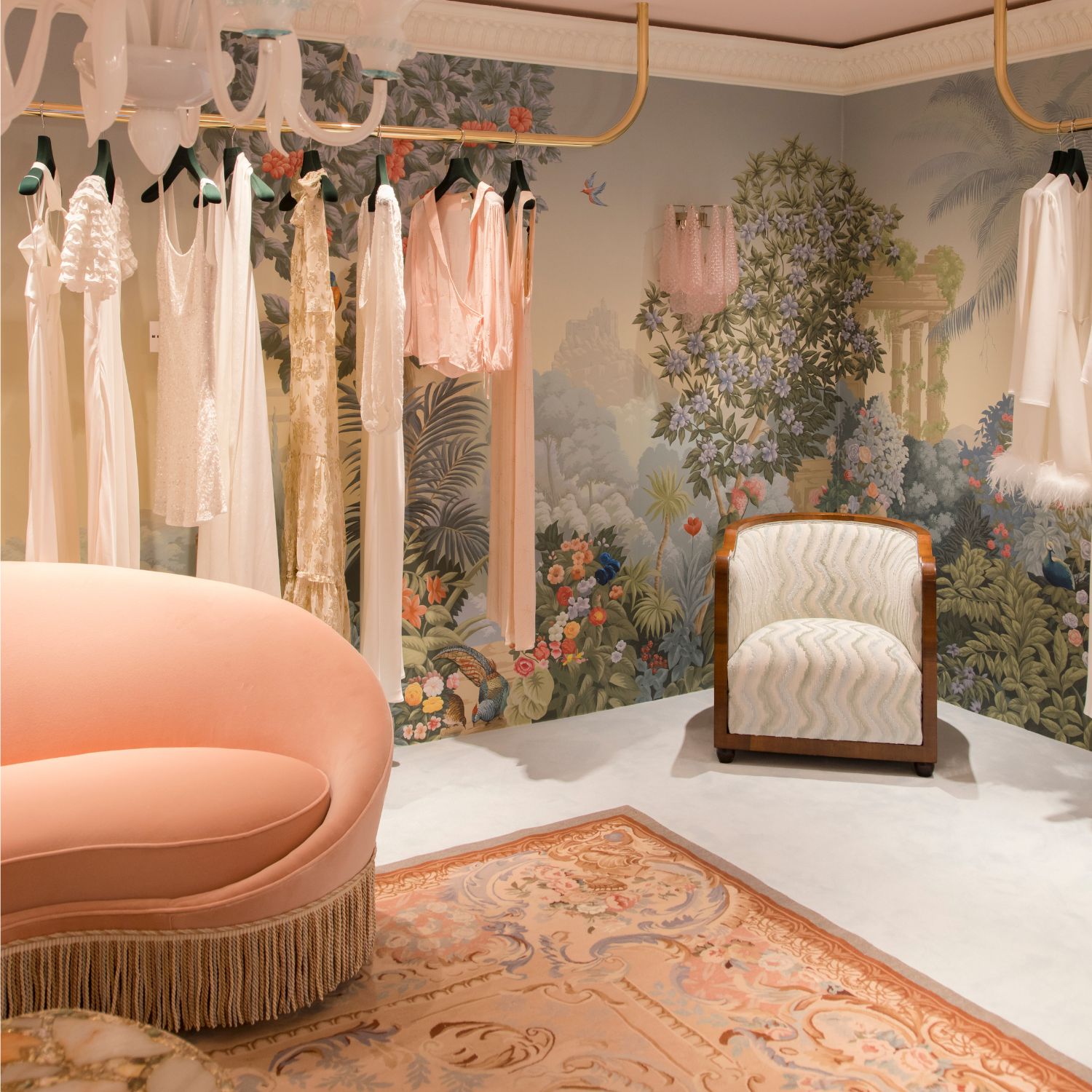 These are without a doubt the best wedding dress shops in London
These are without a doubt the best wedding dress shops in LondonThe search for your dream bridal look is over
By Jazzria Harris
-
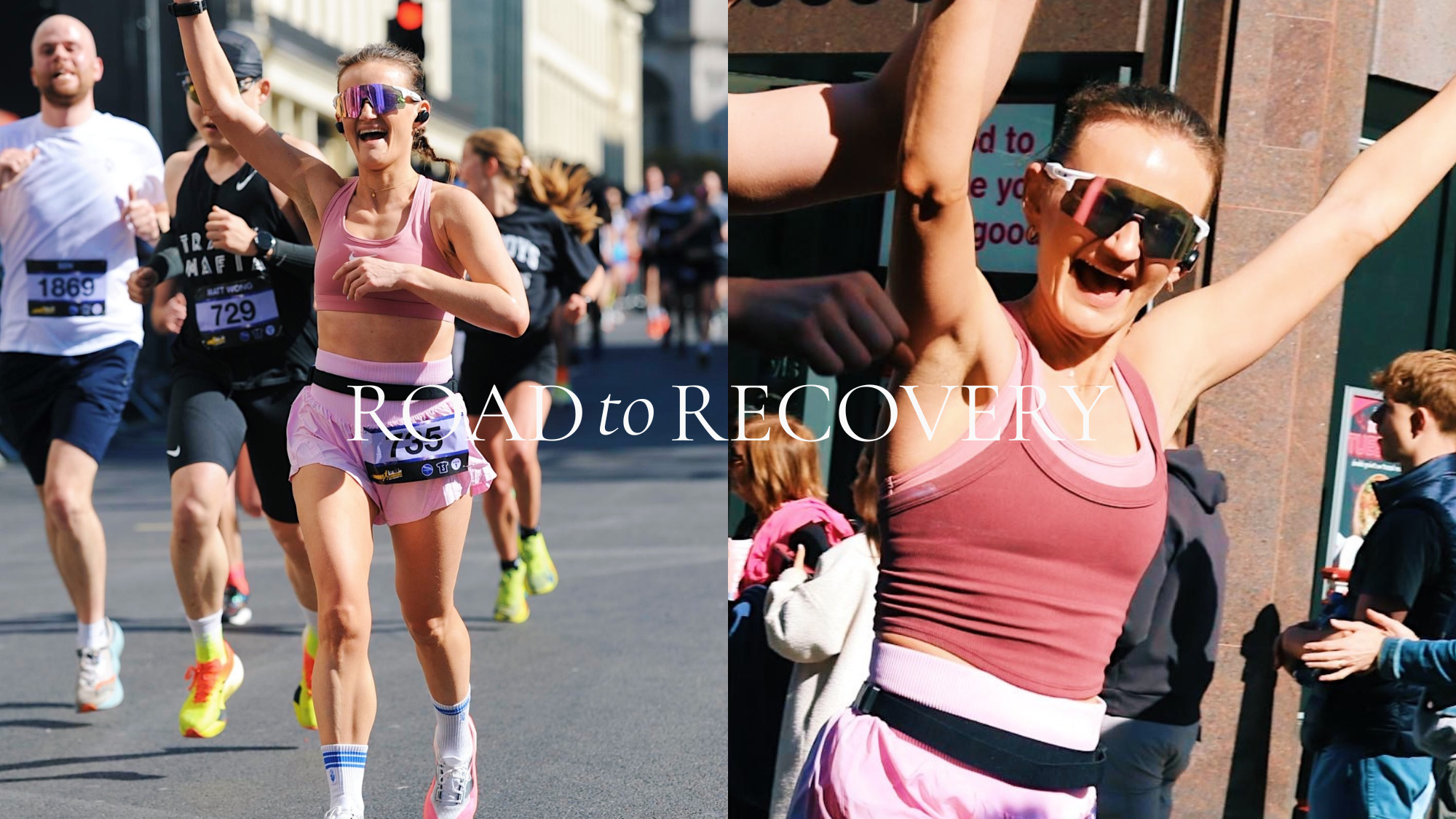 Road To Recovery: I won't be making the London Marathon start line. But that doesn't mean the dream is dead
Road To Recovery: I won't be making the London Marathon start line. But that doesn't mean the dream is deadThis year’s mood? Patience, persistence and the power of a keep-on-keeping-on-attitude.
By Ally Head
-
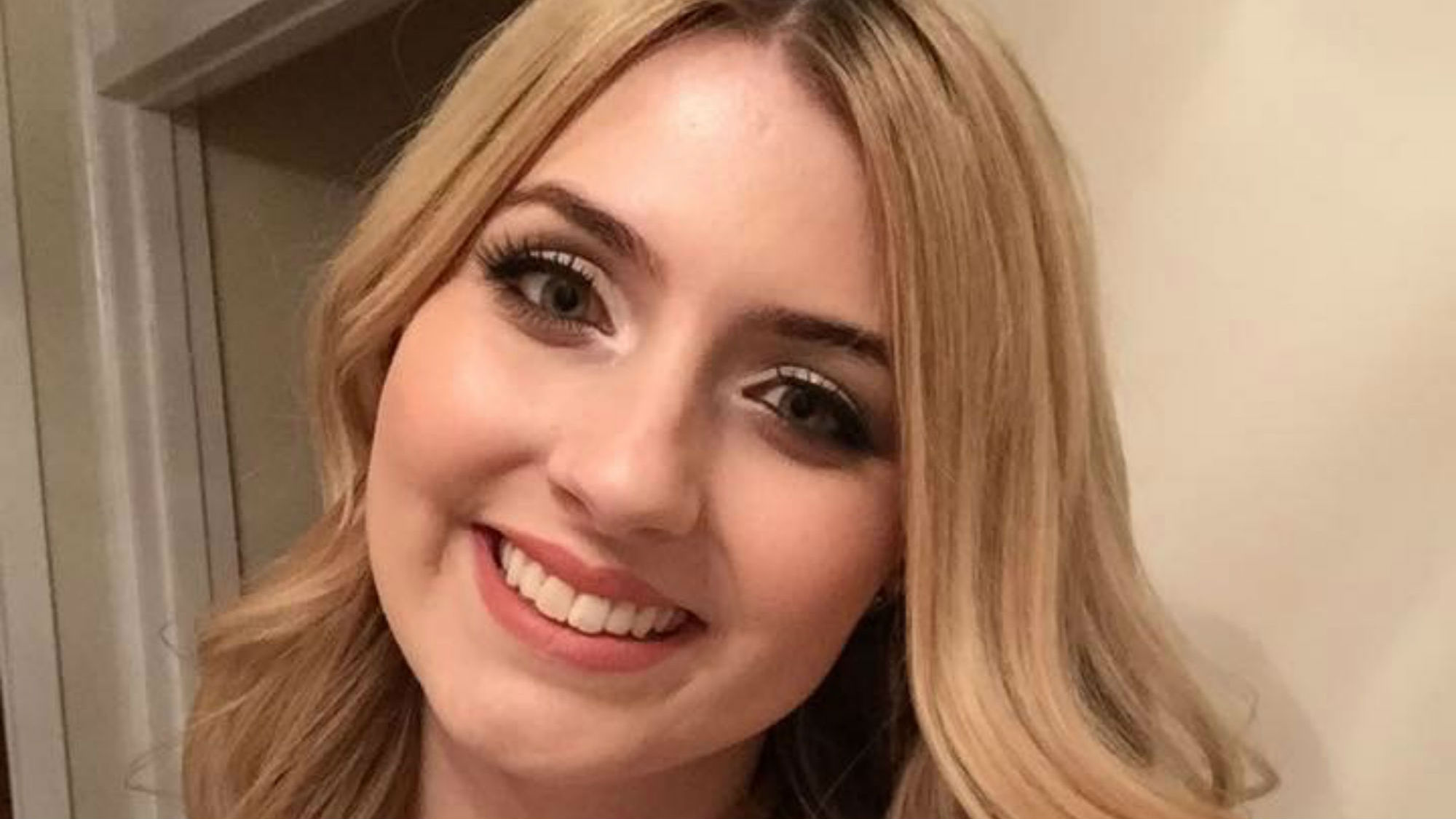 'I was only 24 and had no symptoms' - read one woman's shocking cervical cancer diagnosis
'I was only 24 and had no symptoms' - read one woman's shocking cervical cancer diagnosisThis Cervical Cancer Prevention Week, read Stephanie Varden's powerful story - from chemo to seemingly having the all-clear
By Olivia Adams
-
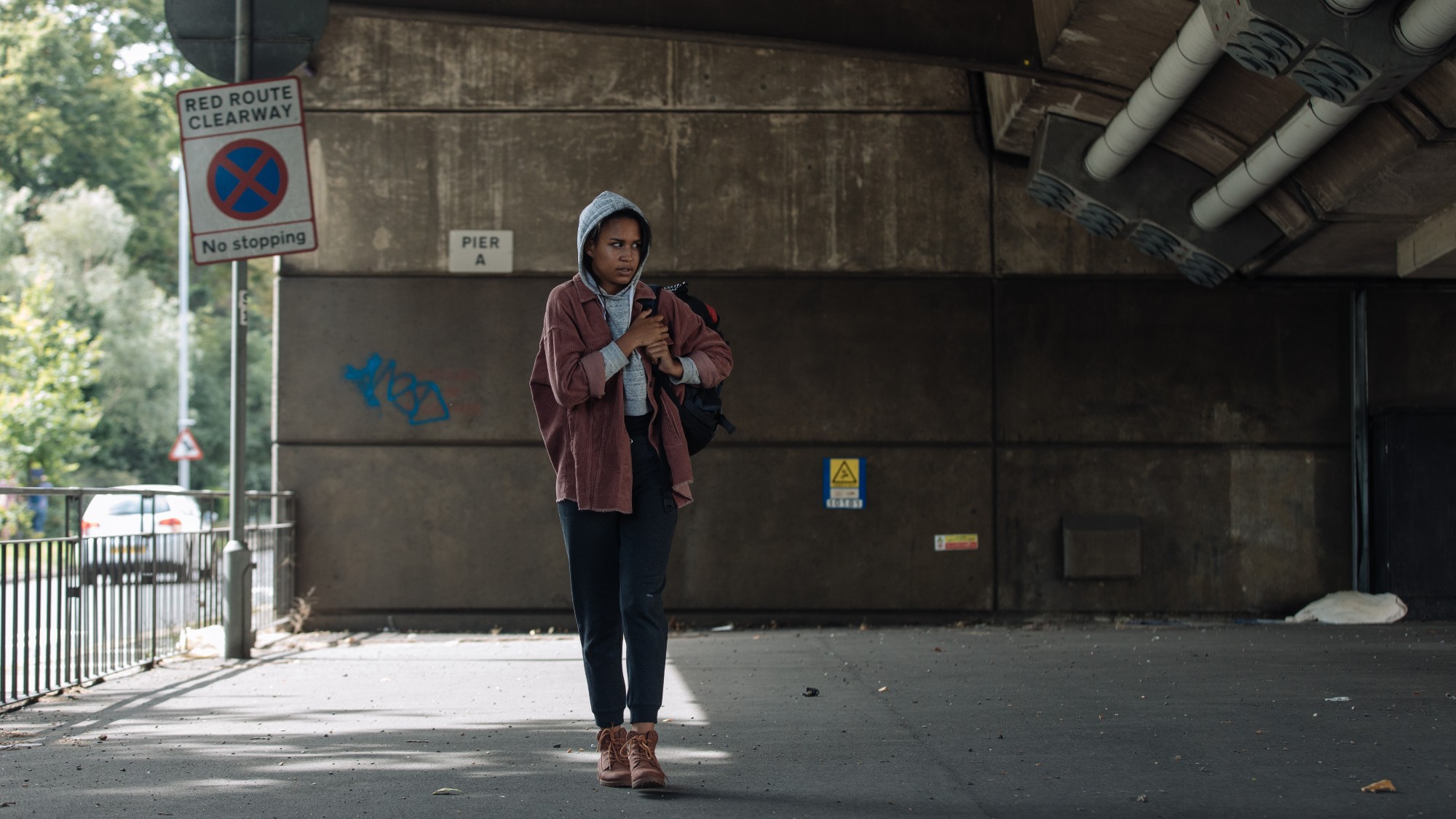 23,000 young people face homelessness this Christmas – here's how you can help with Centrepoint
23,000 young people face homelessness this Christmas – here's how you can help with CentrepointThis Christmas, Marie Claire has joined forces with Centrepoint to bring to light the homelessness crisis among young women.
By Marie Claire
-
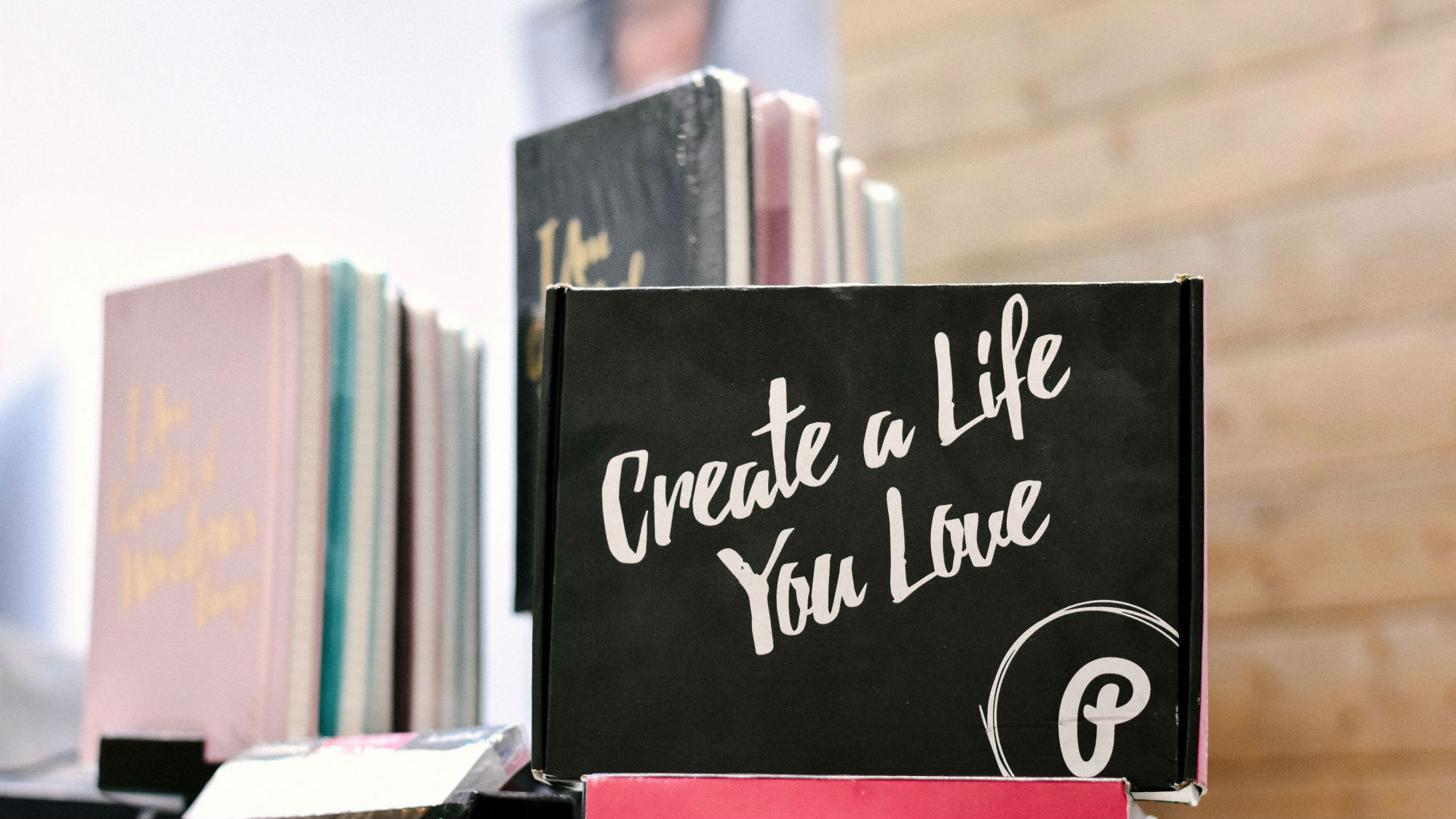 What it's really like to be a 24-year-old model…And HIV positive
What it's really like to be a 24-year-old model…And HIV positiveTo mark World AIDS Day, we spoke to 24-year-old model, art student and beauty queen Horcelie Sinda, who was diagnosed as HIV Positive as a child. This is her story...
By Olivia Adams
-
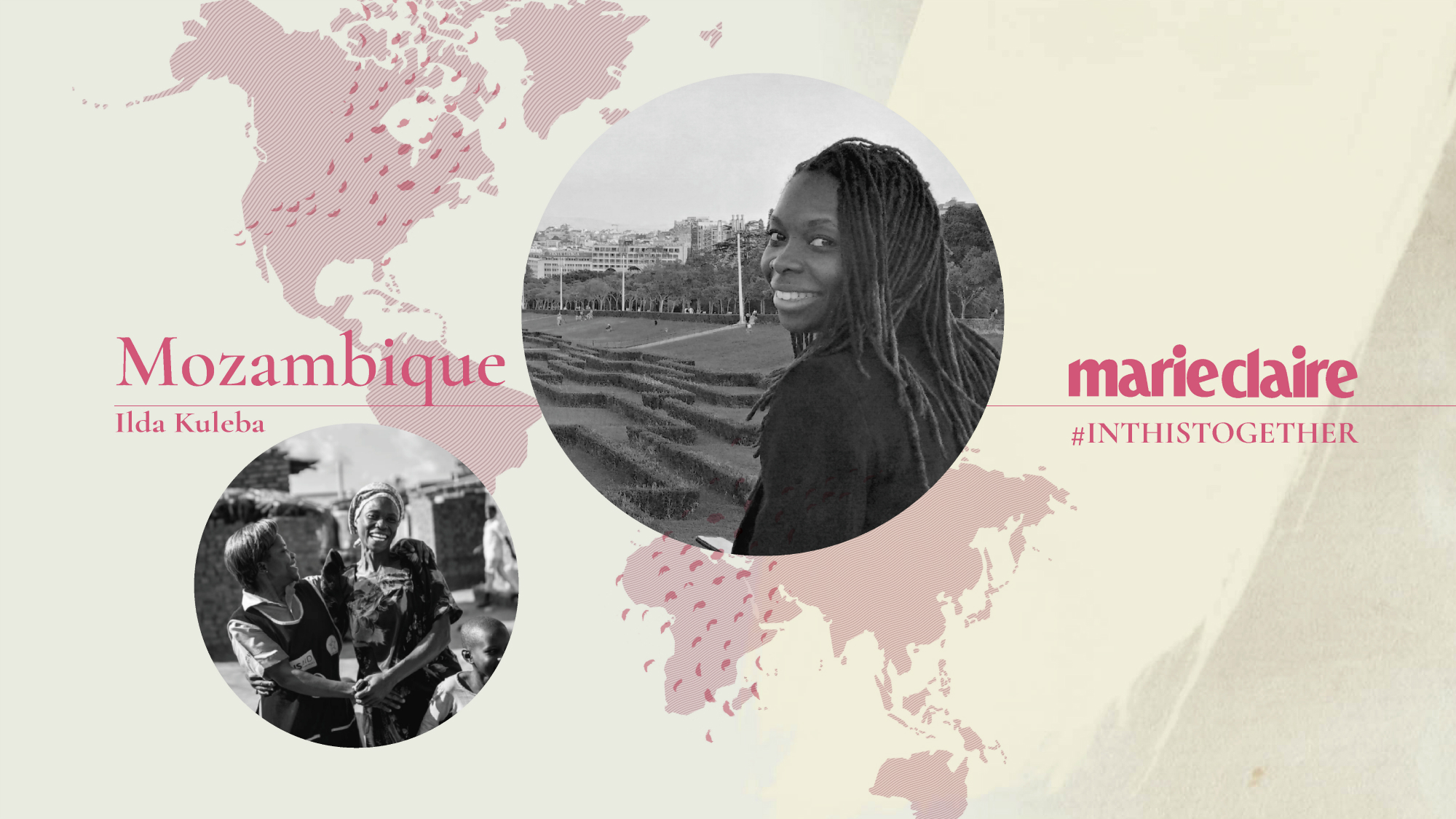 COVID-19 Global Diaries: 'How my all-female, HIV-positive health workers are fighting two epidemics
COVID-19 Global Diaries: 'How my all-female, HIV-positive health workers are fighting two epidemicsIt's World Aids Day 2020 and In Mozambique there are 2.2m people living with HIV, which is why Ilda Kuleba, country director of mothers2mothers, is on mission to protect those most at risk from coronavirus
By Niamh McCollum
-
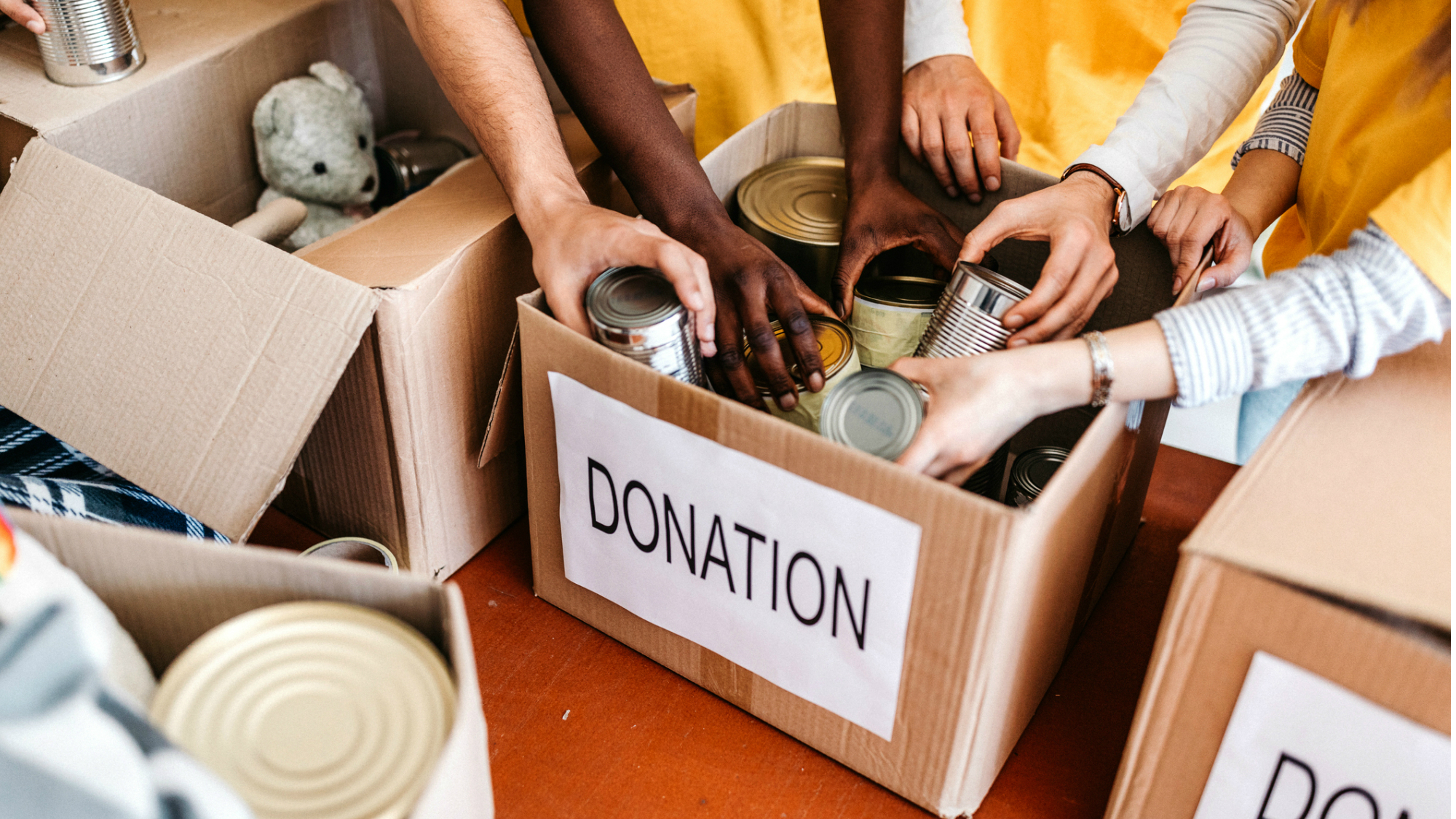 Hunger is epidemic in the UK - here's how you can help
Hunger is epidemic in the UK - here's how you can helpLockdown may be easing, but for millions of Britons, hunger continues to spread fast. From donating goods and money to volunteering, here's what you can do to help tackle the crisis
By Niamh McCollum
-
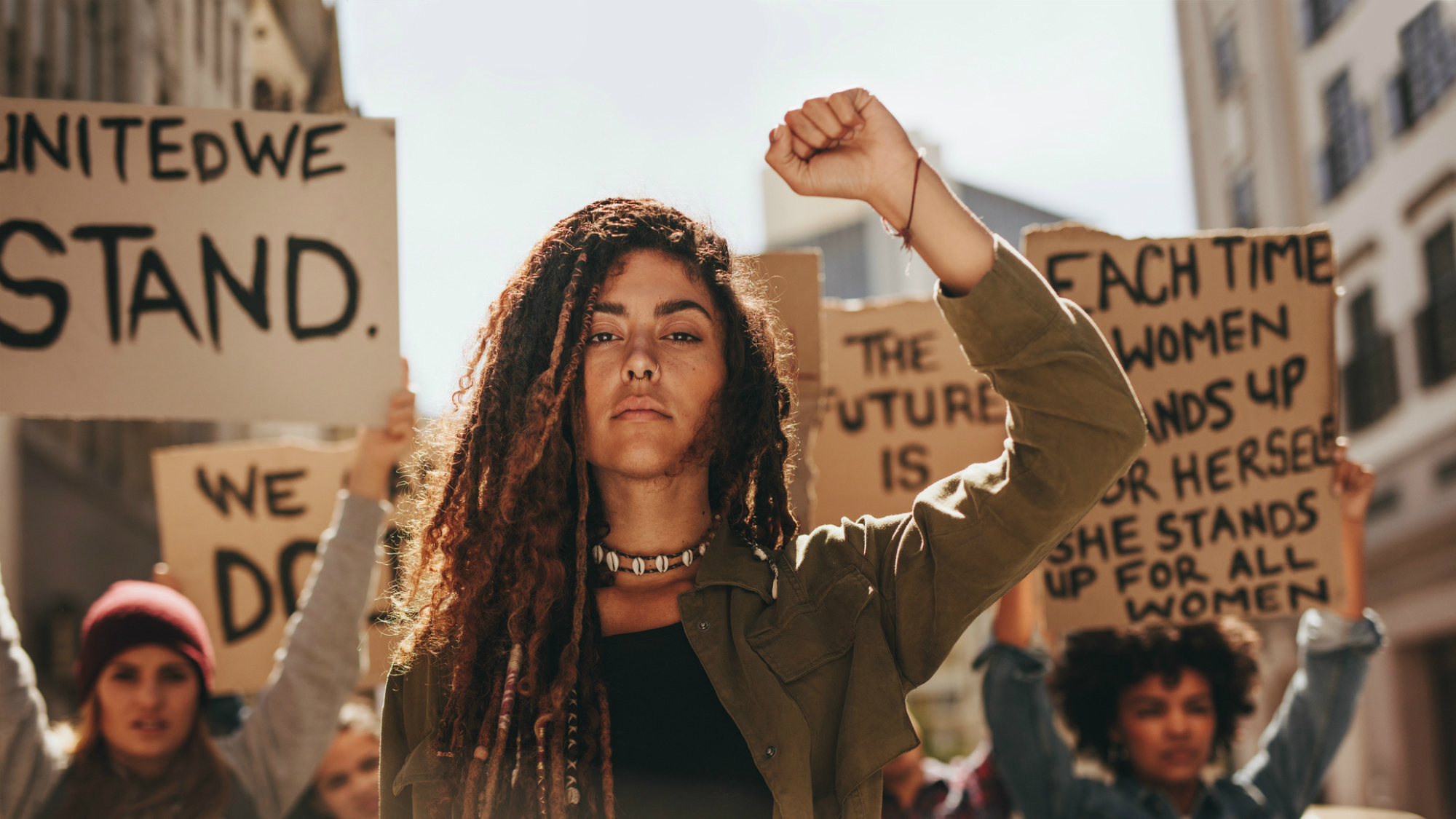 I May Destroy You: sexual assault survivors have a few things to say
I May Destroy You: sexual assault survivors have a few things to sayI May Destroy You, Michaela Coel's extraordinary drama of the year, has triggered many to speak out about their traumatic experiences. Lizzy Dening asks survivors what they want you to know – and how to help
By Lizzy Dening
-
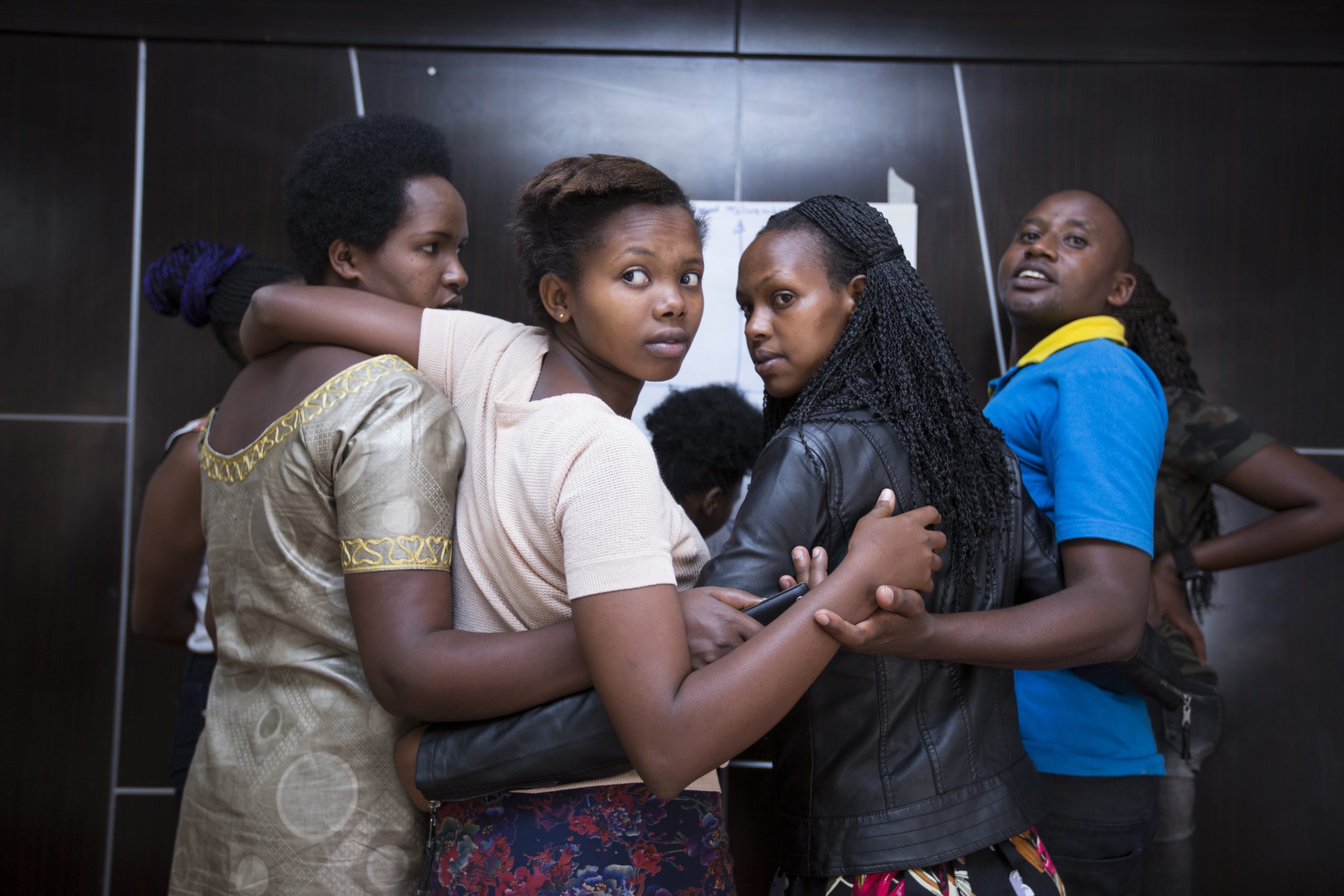 World Refugee Day: girls tell us their vision for the future
World Refugee Day: girls tell us their vision for the future150 girls caught up in humanitarian crises around the world reveal what change they want to see
By Olivia Adams
-
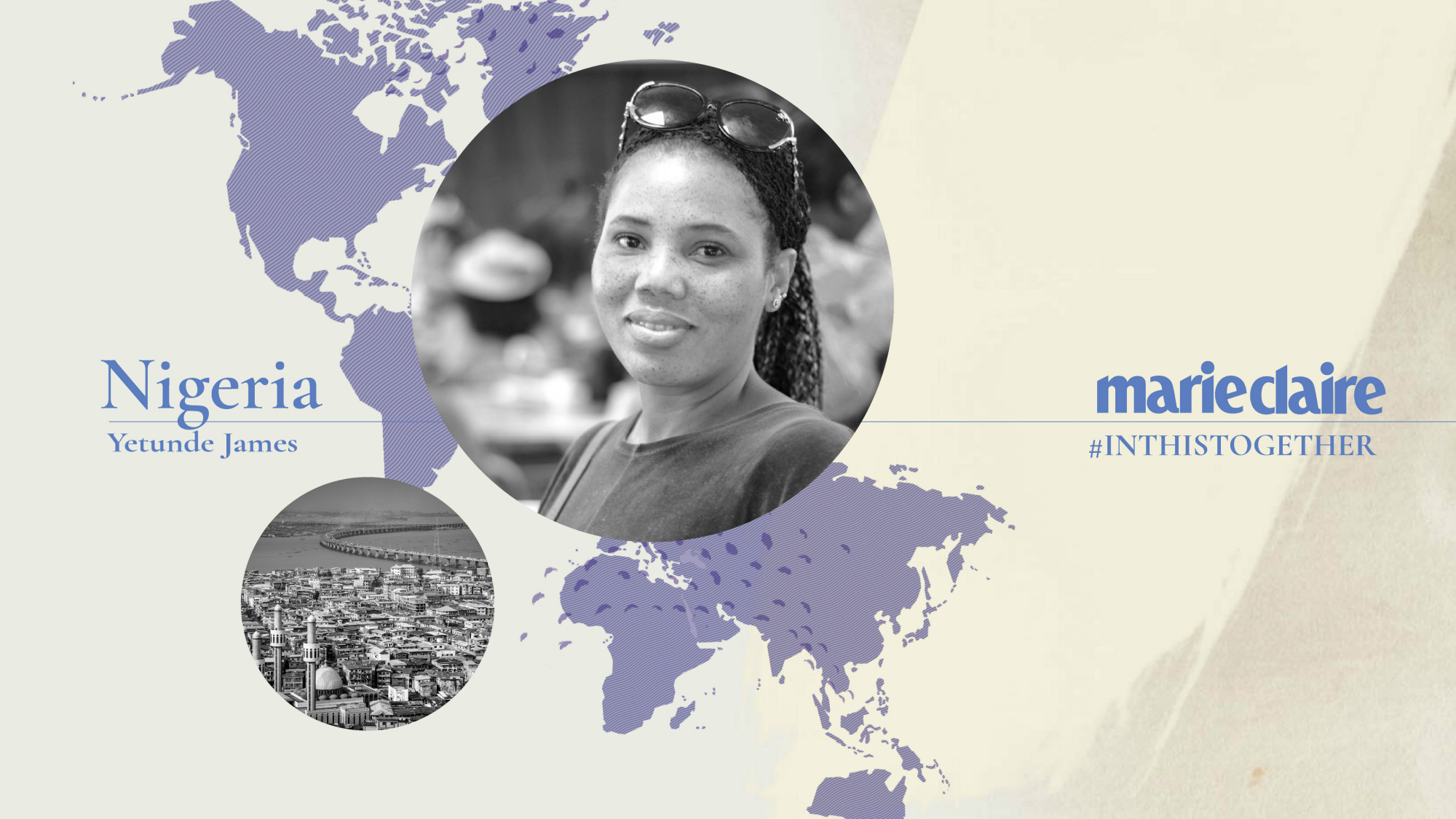 Covid-19 Global Diaries: 'I'm a refugee in London and people like me are dying'
Covid-19 Global Diaries: 'I'm a refugee in London and people like me are dying'Fleeing persecution in Nigeria, Yetunde James arrived in the UK with dreams of a new and safe life. But coronavirus has taken her friends, put her life in danger and her plans to build a bright future on hold
By Maria Coole